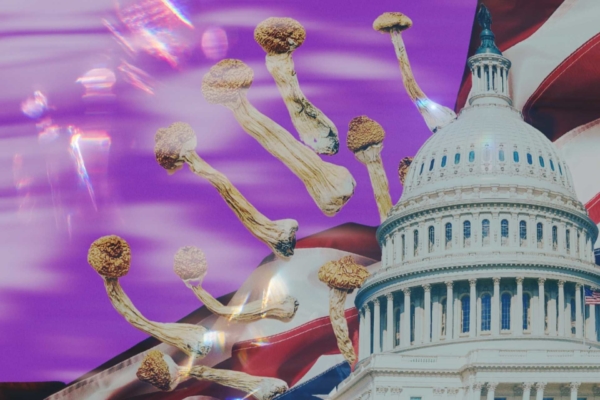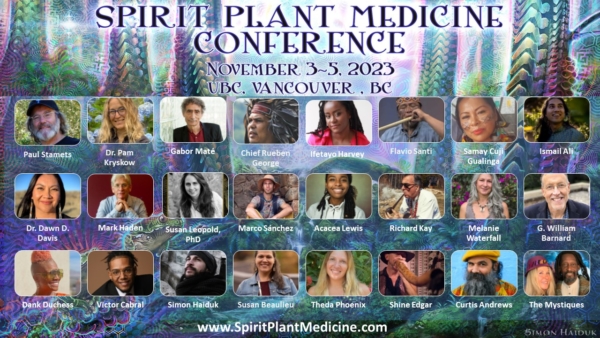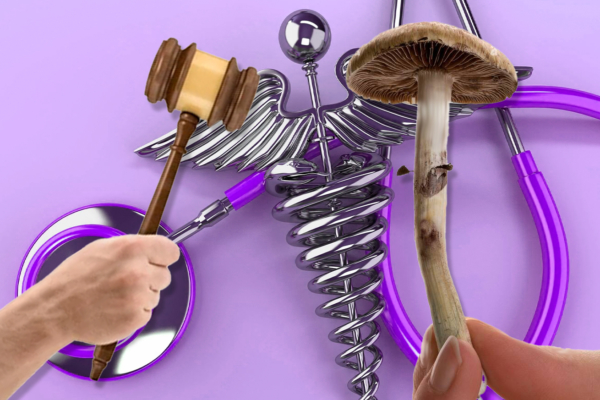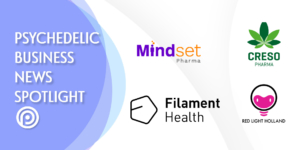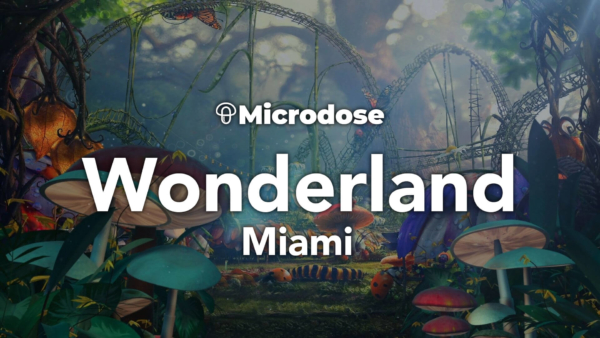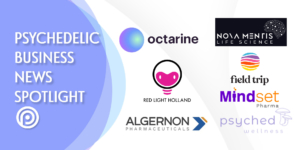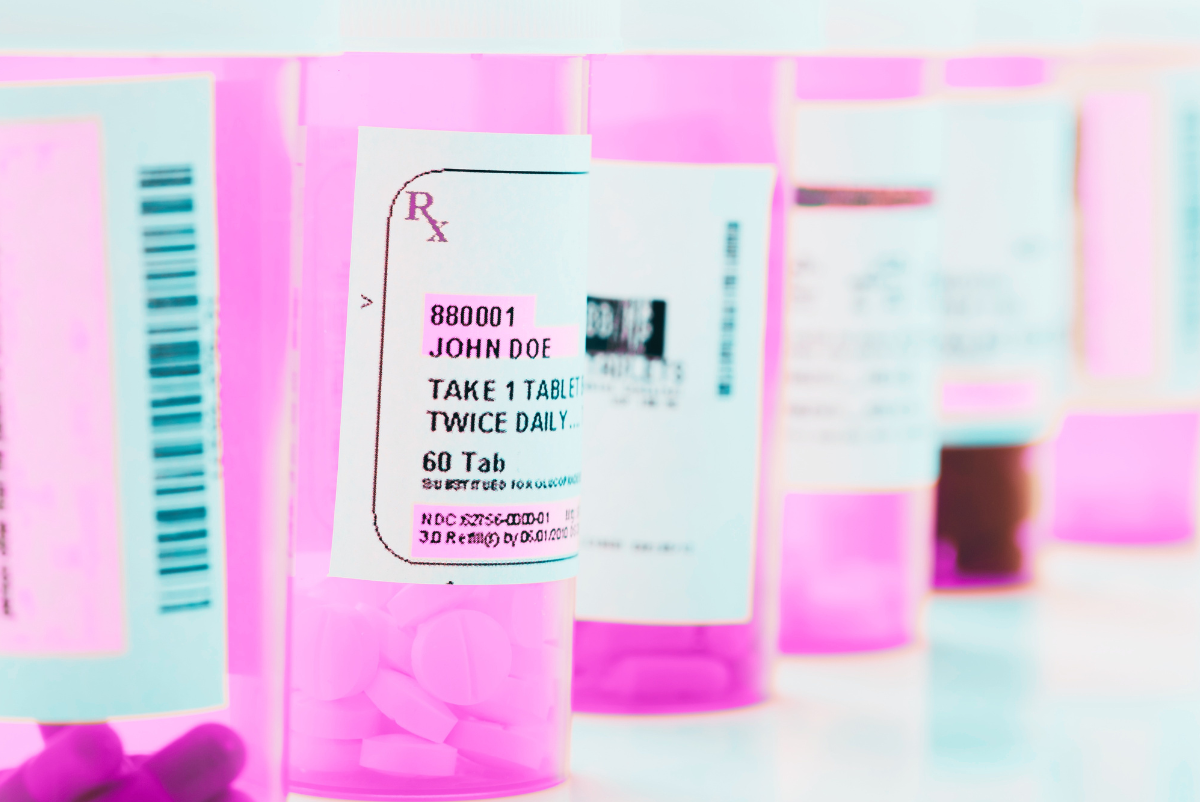
For decades we have been told that depression is caused by a chemical imbalance, and that low levels of serotonin are to blame for our gloomy moods. And even though many people believe that depression is caused by low serotonin levels, a new review of the literature suggests that the serotonin model of depression is inaccurate and based on incomplete research. This revelation reopens the debate about the causes of depression, and calls into question the explanations for how medications like SSRIs and psychedelics might actually treat depression.
How do SSRIs Treat Depression?
The belief that depression is caused by low serotonin levels is a truism that was adopted as a way to explain the action of SSRIs (selective serotonin reuptake inhibitors) in treating depression. The thinking goes, if a drug that increases serotonin supply also alleviates symptoms of depression, then low serotonin levels must cause depression. This is an example of a logical fallacy, a simple conclusion drawn from a single source of data. Logical fallacies like this are commonplace in pharmacology —the method of action for many psychiatric drugs is unknown. The field of pharmacology is mostly trial-and-error and fueled by best guesses. Using a shorthand like “chemical imbalance” to describe depression is a perfect example of creating misinformation through causal inference.
So if depression isn’t caused by low serotonin, how do SSRIs work?
The clearest evidence indicates that SSRIs blunt extreme emotional responses of all types, including extreme depression. But that also means that SSRIs can make it difficult to experience extreme joy or pleasure. This is called a “flattening effect” that leaves a person detached from their emotions, sometimes unable to achieve states of sexual arousal or orgasm. But instead of taking reports of emotional flattening as an alternate description of SSRI effect, the “chemical imbalance” model was easier to sell, so that became the narrative.
Many people have known for years that the chemical imbalance model of depression was flawed —for people who follow the literature this was not news. But now that we are entering a new era of exploring psychedelics to treat depression, are we using a similar shorthand to describe the antidepressant effects of psychedelics?
How do Psychedelics Treat Depression?
Like the chemical imbalance model of SSRIs, there is now a strong desire to find a single unified explanation for how psychedelics treat depression. This search for a simple answer has recently led to an evolution of new theories and models.
For instance, some papers claim that the psychedelic antidepressant effect is best described by improved functional connectivity in the default mode network. Another paper suggests that psychedelics liberate entrenched brain networks associated with depression. Some studies suggest that psychedelics treat depression by rewiring the brain through increased neuroplasticity. An even more opaque explanation is the REBUS model (relaxed beliefs under psychedelics), which suggests that psychedelics work by the revision and deweighting of overweighted priors. Did you know you could be suffering from overweighted priors?
All of these explanations revolve around the same theory that psychedelics change the functional connectivity of the brain, either by “rewiring” the brain through neuroplasticity or “liberating” the brain from entrenched maladaptive networks. The functional connectivity theory is the new chemical imbalance theory —it is positing a cause of depression and a method of antidepressant action based on a single source of data. And as we have seen with the chemical imbalance theory, oversimplifying the cause of depression and the method of treatment can lead to deep misunderstanding among the general public. This disconnect is best summed up in a tweet from psychiatrist and King’s College PhD candidate Luke Jelen:
Dr: Why do you want to take part in this particular trial?
X: I’m here to have my default-mode network reset… I just want to re-wire my brain.
Dr: Ah, ok… any other reasons?
X: Yes! I’m ready to have my entrenched depressed brain liberated- thanks.
— Luke Jelen (@LukeJelen) April 16, 2022
Dr: Why do you want to take part in this particular trial?
X: I’m here to have my default-mode network reset… I just want to re-wire my brain.
Dr: Ah, ok… any other reasons?
X: Yes! I’m ready to have my entrenched depressed brain liberated- thanks.
To be clear, the functional connectivity model of psychedelic antidepressant action is merely a best guess based on brain scans that only measure functional connectivity. If all you are measuring is functional connectivity, then every ailment and mood disorder you study can only be described in terms of functional connectivity. The same bias was made when depression was modeled in terms of serotonin saturation, or what was colloquially dubbed the “chemical imbalance” of the brain. And though “rewiring the brain” is a crude description of a very complex and nuanced process, many advocates repeat this as absolute truth, and then media outlets run with these simplified explanations to craft a narrative.
In 2003 I was talking to a researcher at a psychedelic conference who swore up and down that psychedelics would one day be prescribed for depression because they cause “serotonin flooding” like “super SSRIs” or “SSRIs on steroids.” I was in contact with another researcher via email who told me that psychedelics can treat depression, substance abuse, insomnia, and eating disorders by resetting the circadian rhythms in the brain. There is good evidence for the inflammation model of depression, which means there is also a possibility that psychedelics can treat depression by being potent anti-inflammatory agents. Psychedelics have also been known to cause short-term periods of hypomania following initial exposure, sometimes lasting for weeks. There could be many factors contributing to an overall antidepressant effect of psychedelics, including mystical states, that are more difficult to measure and quantify. And the brain is notorious for rewiring itself every day, particularly while you sleep, so if psychedelic therapy produces deeper and more restorative sleep, that can also aid the recovery process.
There are other non-biological models that are used to describe the benefits of psychedelic therapy. Gabor Maté has popularized the idea that addiction and substance abuse disorders can be described in terms of experienced or repressed trauma, and that psychedelics are effective at treating mood and substance abuse disorders by healing unresolved trauma. Part of the protocol for the MAPS MDMA for PTSD clinical trials describes the effects of MDMA in terms of allowing the patient to access an inner healing intelligence that guides them through a recovery process. And one of the best descriptions I’ve heard of spiritual healing came from an ayahuasca shaman who claimed, “Ayahuasca heals by restoring your connection to God,” and it does not get more metaphysical or compelling than that. Even though these psychological models are not grounded in research, many people find them to be more relatable, and they are currently integrated into modern psychedelic psychotherapy.
Avoiding Mistakes of the Past
Attempting to define complex problems in the simplest possible terms is unavoidable, and some aspects of the scientific method make this mandatory. There is an argument to be made that if you are selling a drug to treat a specific disorder, then you must know how it works, otherwise you are selling snake oil or a placebo. And the explanation must be something short and simple that can fit into a headline, like “treats chemical imbalance” or “rewires the brain.” But these simplifications are repeated and quickly become social realities —they shape the discussion forever.
By framing the efficacy of psychedelics in terms of neuroplasticity and rewiring the brain, we have now created a class of drugs called “psychoplastogens” that promise to promote synaptic growth and treat everything from OCD to dementia to stroke and traumatic brain injury. But what about the people who don’t respond well to psychedelic therapy? What about the people who have anxiety reactions to psychedelic intoxication? What about the people who show improved functional connectivity but are still depressed? How about people who have a genetic predisposition affecting the potency of psychedelics? How do we explain to them that the “rewiring” didn’t work and their brains are just permanently wired wrong? And I am not being glib, this is exactly what happened with the people who were told their depression was caused by a chemical imbalance, or a “broken brain” —they became stuck in that frame of their depression, believing that taking SSRIs for the rest of their lives was the only option.
One of the benefits of psychedelic drug therapy is that you can discover in one or two sessions if the therapy is working for you. In my experience I have found that some people are naturally drawn to psychedelics, but for others it is an unpleasant experience no matter what the set or setting. For the people who find psychedelics helpful, they should clearly have access to this therapy because it can be a life changing experience. But for people who find psychedelics challenging, they should not be pressured into trying larger doses or new cocktails to find that sweet spot where they are miraculously healed and their brains are finally “rewired” and “liberated” in the correct way. This kind of reductive model can lead to deep misunderstandings about depression and psychedelic therapy, and we have an opportunity to do things differently this time. We should not make the same mistakes with both SSRIs and psychedelics.
Depression can arise from many factors, and functional connectivity is only one factor in the equation. Modern life is tough and everybody is under a huge amount of stress and coping with generational trauma. There is no single theory of depression that applies to everyone, and healing from trauma takes more than a refreshed and renewed perspective —it takes time. We shouldn’t be afraid to say that treating depression and trauma is complex and difficult, and everybody has a different path to healing. Psychedelics may be an important step along the way, but they are not the only step.
Quoth Brom, a psychedelic VC and founder of Empath Ventures, “did shrooms, still sad.”
did shrooms, still sad
— brom | psychedelic VC (@therealbrom) June 2, 2022
So true Brom. So true.
